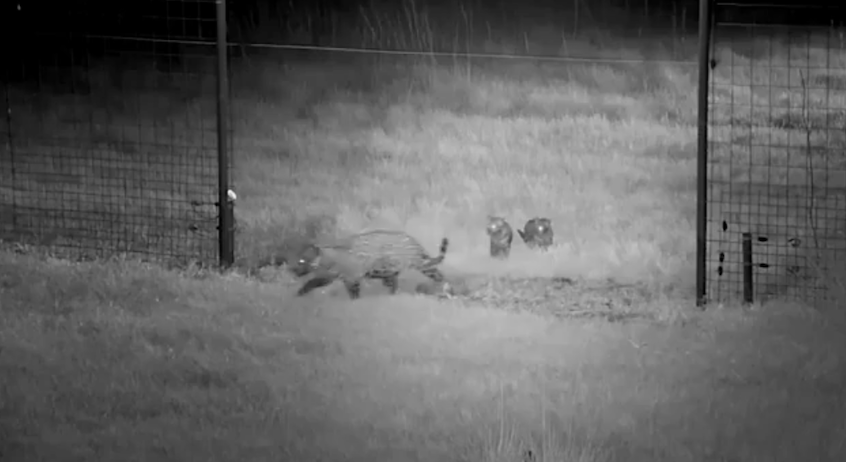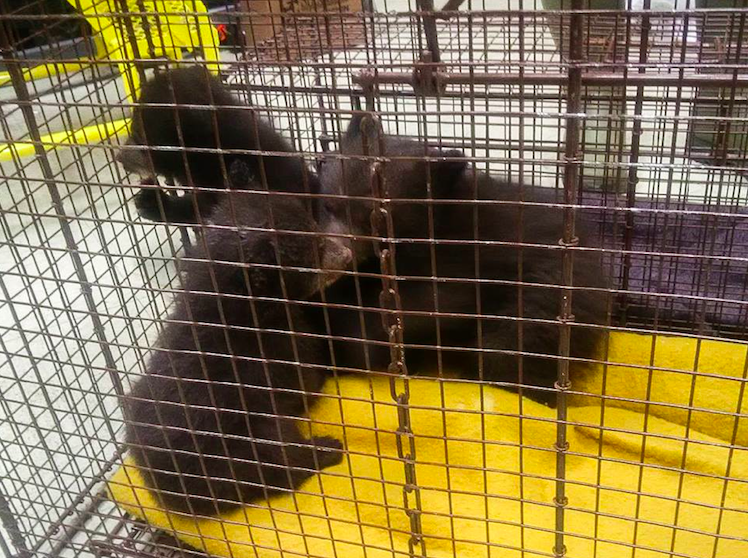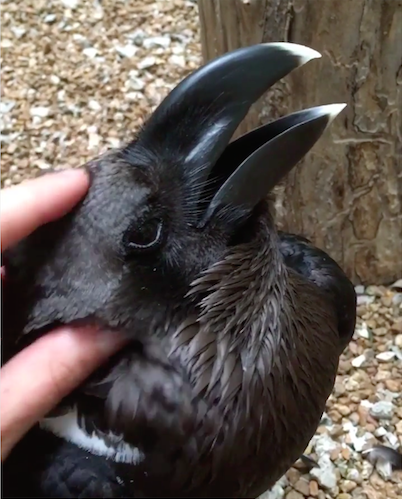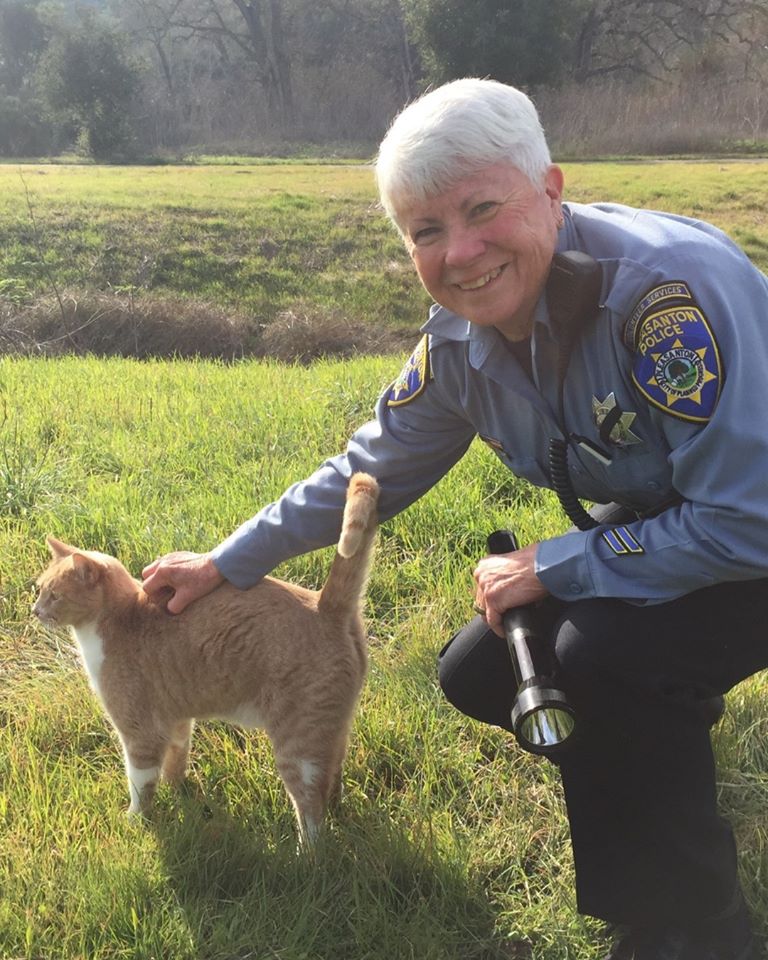Jaguar’s disappeared from the region 70 years ago amid over-hunting and habitat loss, but a conservation effort in Argentina has brought the iconic species back to the landscape.
Now, a big cat named Juruna and her two cubs, Sãso and Sagua’a, have been fully released into the wild of Iberá National Park. It’s part of a species rewilding plan that has been undertaken for the past 10 years.
“The jaguar reintroduction project is the first globally to bring this species to a place where it had completely disappeared,” Fundacion Rewilding Argentina announced on Facebook.

The jaguar family had been living in a 30-hectare enclosure in the park in northeastern Argentina.
On April 16, they were set free, allowed to roam the entire wetlands.
“Rewilding allows us to generate fully functional and complete ecosystems, face the wildlife and climate crises, and prevent the appearance of new pandemics,” the group added. “Rewilding helps us develop local economies that create genuine jobs and secure the wellbeing of communities while also restoring the nature values we’ve lost.”

Juruna is the sister of the first jaguar to return to the wetlands, along with her two cubs, earlier in 2021, according to Tompkins Conservation, which is heavily involved in the project.
Tompkins is actively working to stop biodiversity loss and create national parks in that country.
(The organization was founded by Kris Tompkins and her husband, the now deceased Doug Tompkins. Kris was the CEO of Patagonia and Doug founded The North Face.)
Both Juruna and her sister were rescued in Brazil, where they were orphaned by poachers, and taken to the Jaguar Reintroduction Center, which is on an isolated island in the park.
The hope is to bring more cats onto the landscape.

“With six already roaming free, we are well on our way to establishing this new wild population in a country where only 200-300 remain,” Tompkins Conservation noted. “It’s part of the larger goal of fighting the global extinction crisis and restoring ecosystems to be whole and functional.”





